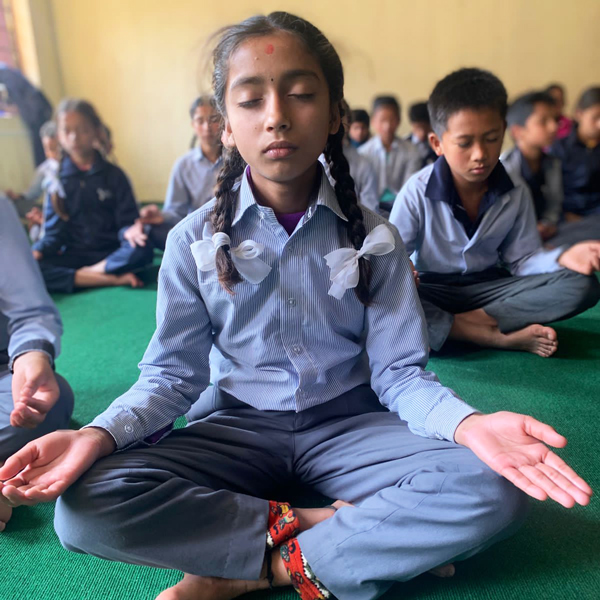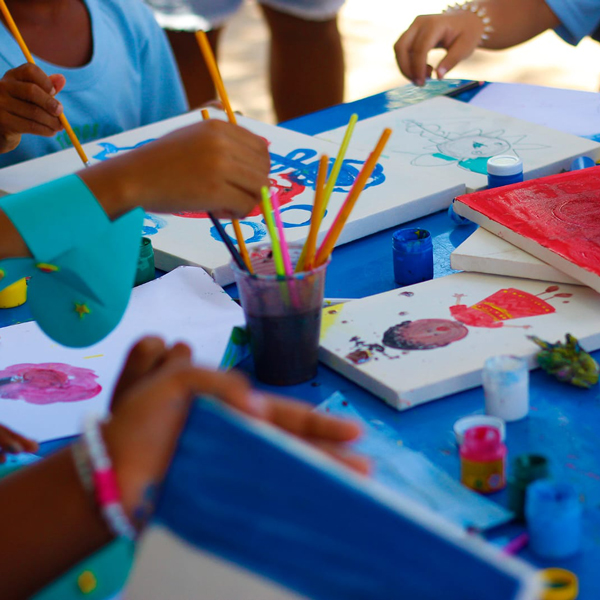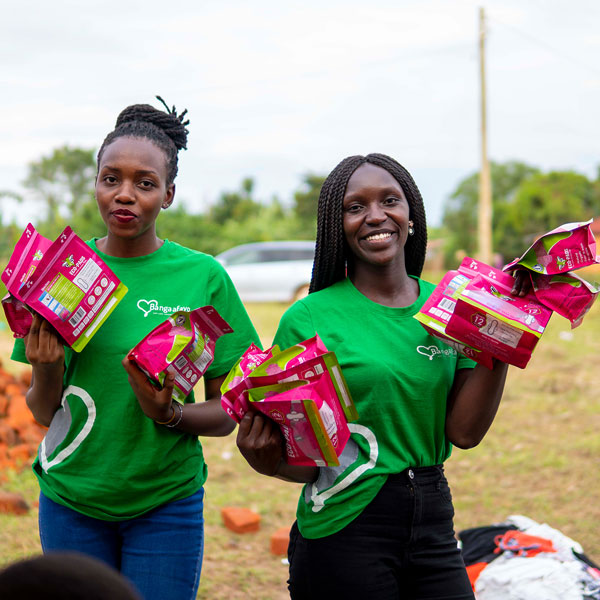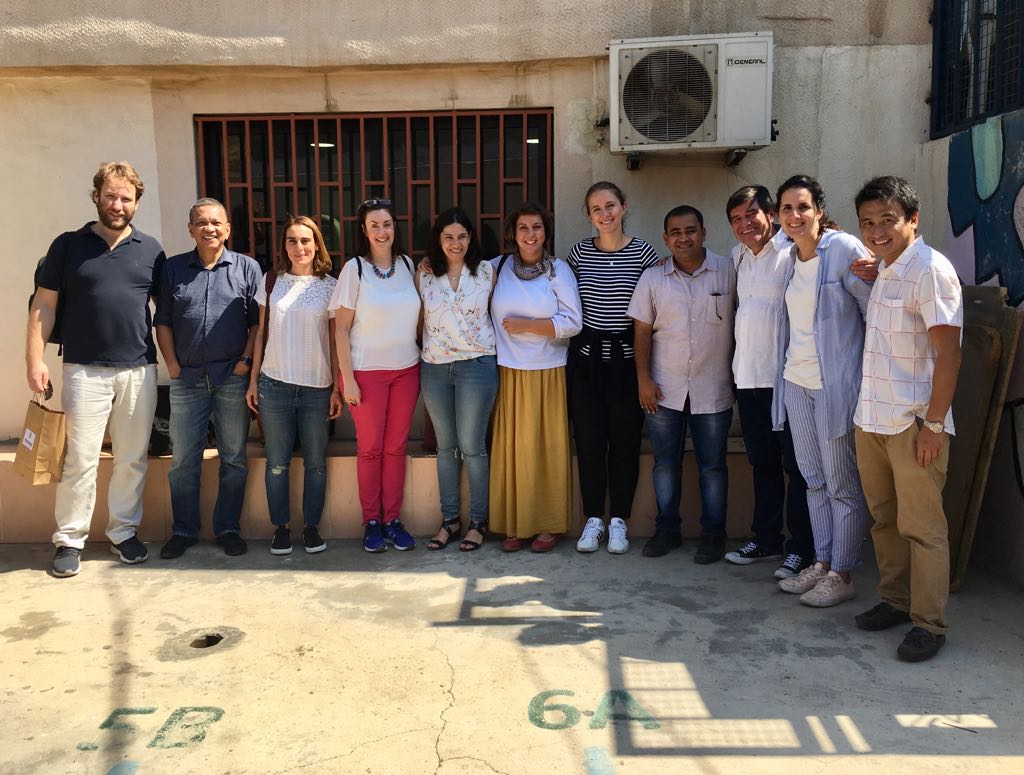GFC’s Corey Oser takes us to India to observe how GFC partner Suchana helps children in West Bengal learn with emphasis on the importance of using native languages in education.
The Partnership to Educate All Kids (PEAK) initiative, supported by the LEGO Foundation, connects local organizations around the world that are helping children who have experienced pandemic-related education disruptions access and thrive in learning environments that prepare them for future success.
When we arrive, children are gathered in a circle on the front porch of an elementary school closed for the summer. Their laughter fills the steamy, late-afternoon air as they listen to a story in Santali, their native language.
We often say that community-based organizations fill gaps and take risks to positively affect lives while contributing to slower system shifts that make a difference on a broader scale. A GFC partner that exemplifies this model is Suchana, part of GFC’s Partnership to Educate All Kids (PEAK) initiative, which fosters creative approaches to learning across ten countries. Based in Santiniketan in rural West Bengal, India, Suchana promotes the use of native languages in education, a method supported by decades of research.
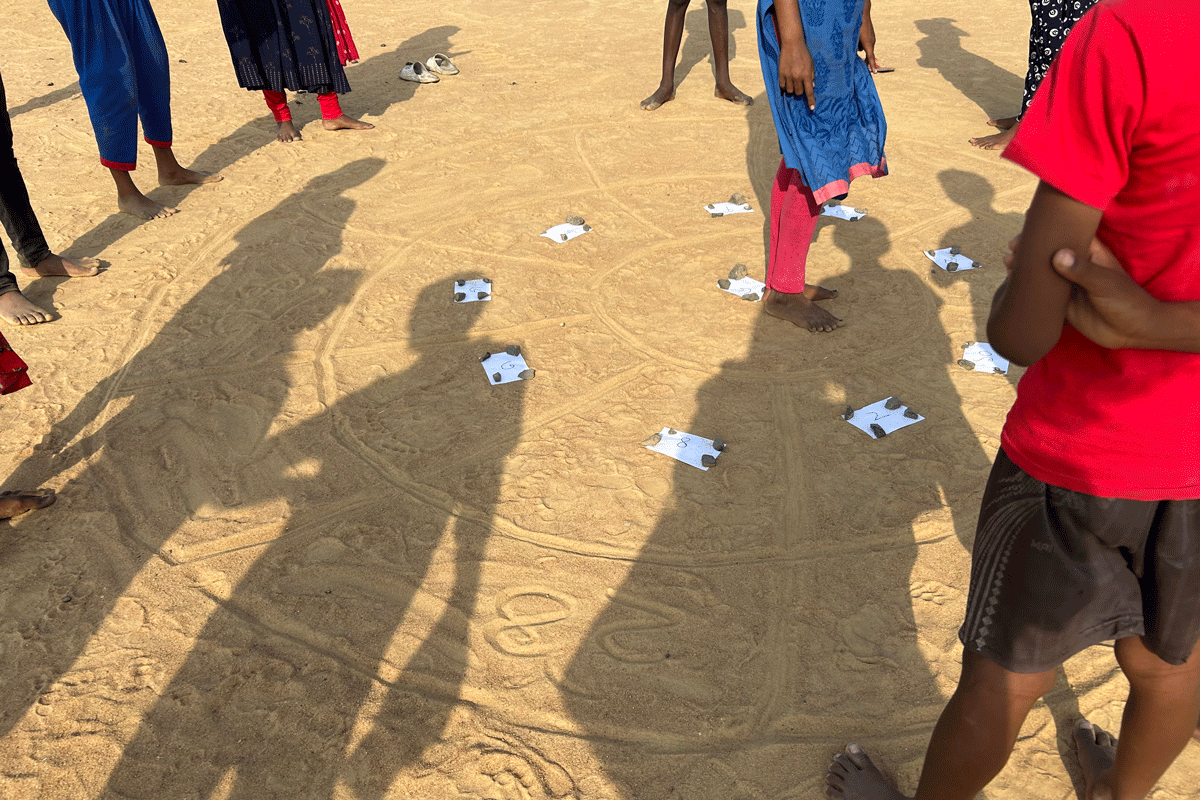
Situated in the heart of rice-farming country, Suchana works with children and families whose first language is Santali or Kora and not Bengali, the medium of instruction in formal schools in the region. Children often enter school without adequate literacy skills in Bengali and struggle to keep up in schools where teachers do not speak their language. According to a report by CfBT Education Trust (now Education Development Trust) and Save the Children, “international learning outcomes assessments show that for children who manage to stay in education, there is a strong negative impact on achievement if their first language is not used for teaching and learning.”
While the Suchana team aims to gradually contribute to larger-scale change in this regard, they concentrate on meeting the immediate needs of the children in surrounding villages. Since 2004, they have created early learning materials in Santali and Kora and recruited and trained native speakers from local communities to help build a foundation for children in their native languages. Large-scale analysis of participation in education shows that whether schools teach a child in their first language often has a strong effect on whether the child attends school, particularly in rural areas.
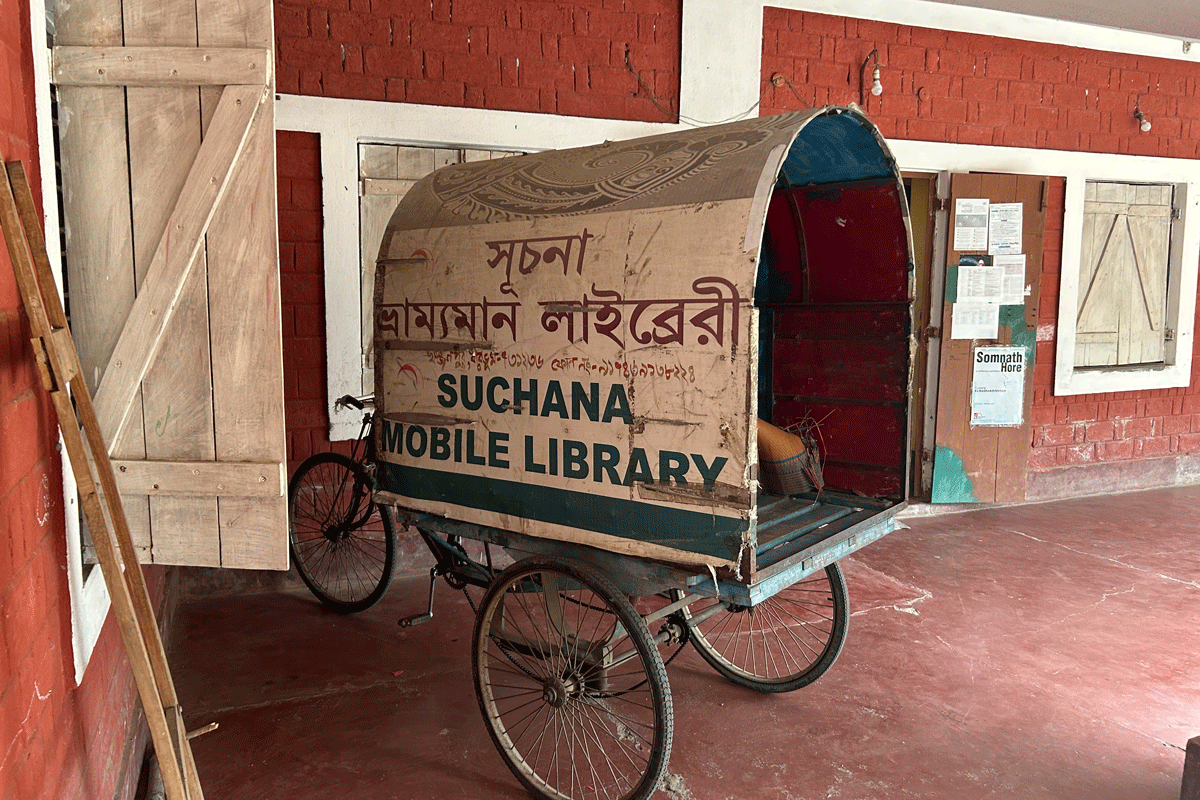
The children Suchana works with are largely first-generation formal-school learners, with parents who farm local rice fields. During summer vacation, when kids in more privileged settings might have organized recreation or enrichment activities, most of the children in Suchana’s communities help their parents in the fields or take care of younger siblings or other household chores while their parents work. Understanding the context, Suchana offers activities that allow children to fulfill their family obligations while coming together to learn playfully and mitigate summer learning loss.
It is nearing dusk when we approach small clusters of young adolescents crowded around laptops in the early-evening air. Knowing that certain school subjects can feel abstract to students, Suchana tries to connect what children learn in school to their daily lives. This approach injects creativity that students may not experience in formal school settings. This evening, students are divided into small groups to work on projects and learn to use laptops and the internet, which they don’t have access to at school or home. The students in the group I join are about 12 years old – slightly younger than my own son – and are learning about area by measuring the mats they are sitting on and plotting their results in Excel. Others are exploring the origin of local textile designs. I imagine how my son might take some convincing to study math and history during summer break and am impressed by how eager and excited these children are.
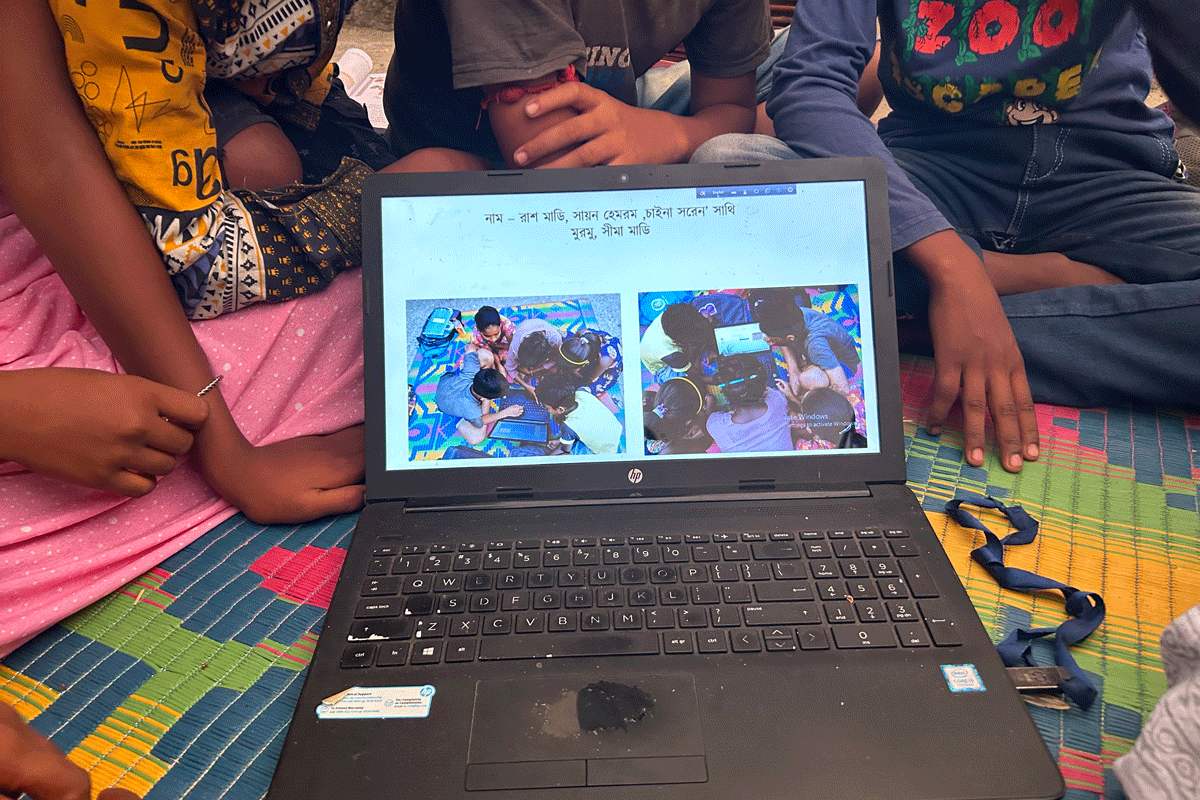
When we meet the next day with Suchana’s team, each member shares a bit about themselves and what inspires them to do the work. Nearly all the team members are from the same communities as the young people they work with, and they are inspired by the chance to foster culturally relevant opportunities for children from their villages. Several mention how they did not have resources in Santali and Kora when they were students.
In my meetings with the children, I ask them to share their dreams for the future, and some mention professions like engineering, education, or medicine. With the caring and creative staff of Suchana as guides to help the children feel proud of their heritage and confident in their learning as they move into Bengali and begin learning English, I feel hopeful that the odds are tipped in favor of these children achieving their dreams.
Header Photo: A staff member from Suchana points at an illustration. © GFC
